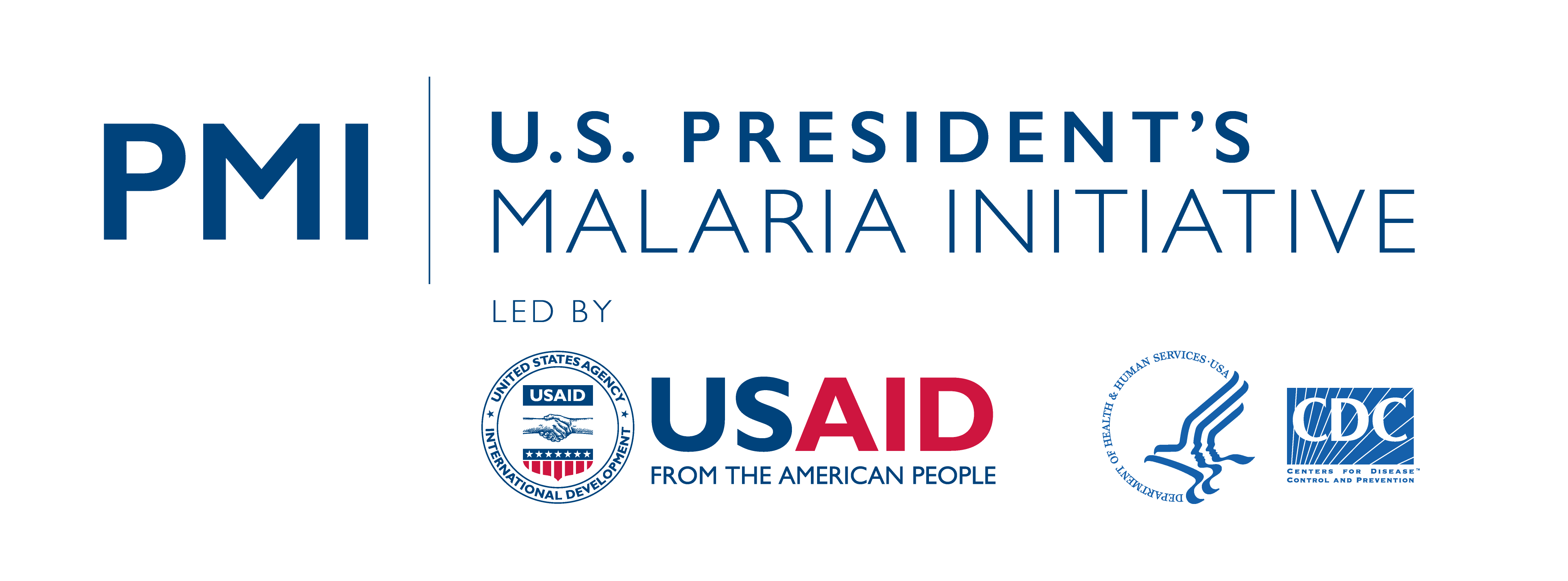Additional Context Resources
The Role of Community and Faith-Based Organizations
Examples of Religious and Community Organizations Fighting Malaria
- Ugandan Faith Leaders Promote Spraying Activities for Malaria — U.S. President’s Malaria Initiative
- In Uganda during the COVID-19 crisis, religious leaders stood up to ensure that malaria interventions were embraced by their congregations.
- Zambian Villagers Unite Against Malaria — U.S. President’s Malaria Initiative
- In Zambia, community organizations reached out to community members to help amplify malaria efforts in the country.
- Mozambique Leaders Collaborate Across Religions to Fight Malaria — U.S. President’s Malaria Initiative
- In Mozambique, religious leaders from different faiths joined hands to fight malaria in the country.
National and Community Context – Sources for National Malaria Data
Talking to your provincial or district health officers will help complement what you learn from National Malaria Control Program’s National Malaria Strategic Plan. There are many places to find national-level data on the malaria situation in your country. Some sources have general information while others have very specific findings from research. The following four sources are reliable data sources for malaria information, in addition to information given to you by your Ministry of Health and National Malaria Control Program:
- World Malaria Report — World Health Organization
- The World Health Organization publishes a yearly report on malaria progress that provides information on country and regional progress and problems with malaria. It is a rich resource to learn more about malaria in your country and region.
- Country Profiles and Malaria Operational Plans — U.S. President’s Malaria Initiative
- You can also learn a lot about malaria from reading the country profiles and Malaria Operational Plans from the U.S. President’s Malaria Initiative. These documents have extensive information about the malaria burden, partners, funding, and special issues on their 24 focus African countries and three countries in the Greater Mekong region.
- Africa Subregion Pages — RBM Partnership to End Malaria
- The RBM Partnership to End Malaria coordinates malaria activities across four subregions in Africa which collect information on country and regional level malaria activities:
- The Central Africa RBM Network (CARN) : Angola, Cameroon, Chad, Congo, Gabon, Equatorial Guinea, Central African Republic, DR Congo and Sao Tomé-et-Principe.
- The East Africa RBM Network (EARN) : Burundi, Comoros, Djibouti, Eritrea, Ethiopia, Kenya, Rwanda, Somalia, South Sudan, Sudan, Tanzania, Uganda, Yemen.
- West Africa RBM Network (WARN) : Benin, Burkina Faso, Cape Verde, Cote d’Ivoire, The Gambia, Ghana, Guinea, Guinea Bissau, Liberia, Mali, Mauritania, Niger, Nigeria, Senegal, Sierra Leone, Togo.
- Southern Africa Regional Network (SARN) : Botswana, Madagascar, Malawi, Mozambique, Namibia, South Africa, Swaziland, URT-Zanzibar, Zambia, Zimbabwe.
- The RBM Partnership to End Malaria coordinates malaria activities across four subregions in Africa which collect information on country and regional level malaria activities:
- Demographic and Health Surveys — The DHS Program
- For detailed information on malaria rates and extensive information related to malaria in your country, reference these national surveys. These reports are quite complicated, and your local malaria authority can help you interpret the data.
- RBM Partnership to End Malaria toolkits — RBM Partnership to End Malaria
- There are several toolkits available on the RBM Partnership to End Malaria website.
Situation Analysis
- Situation Analysis — Johns Hopkins Center for Communication Programs
- Zero Malaria Starts with Me Agenda Setting — RBM Partnership to End Malaria; African Union


